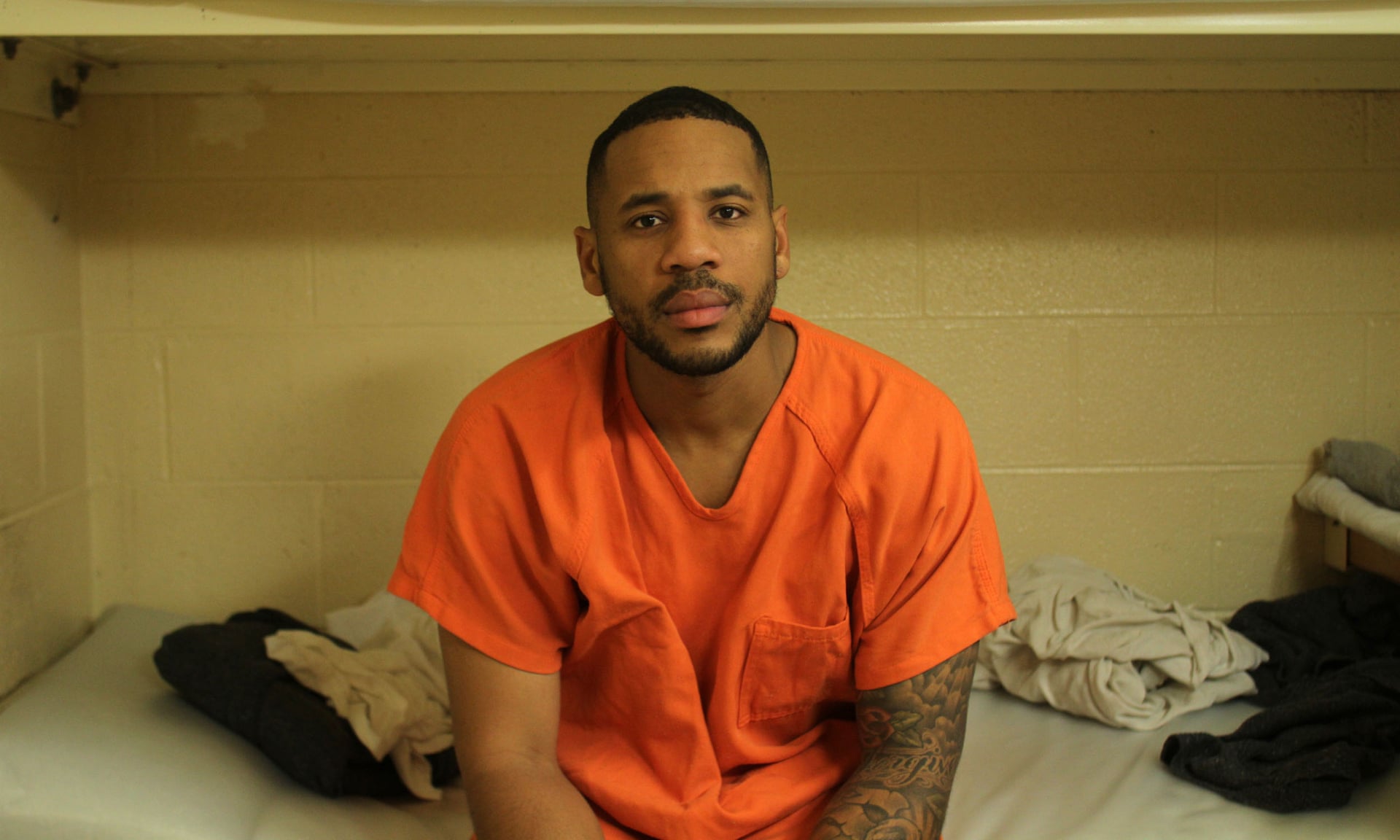The Reality Of Imaginary WhitenessPosted in Articles, Communications/Media Studies, Media Archive, United Kingdom, United States on 2016-07-26 01:37Z by Steven |
The Reality Of Imaginary Whiteness
African American Intellectual Historical Society (AAIHS)
2016-07-24
Jennifer Patrice Sims, Adjunct Professor of Sociology
University of Wisconsin, River Falls
In the 1993 satirical musical comedy Robin Hood: Men In Tights, Dave Chappelle plays Ahchoo, the show stealing side kick to Cary Elwes’ Robin Hood. At the end of the movie, when Robin appoints Ahchoo to be the new Sheriff of Rottingham, the all-white crowd exclaims, “A black sheriff?!” (and the blind family servant gasps, “He’s black?!”). They all eventually accept the appointment when Ahchoo responds, “And why not?! It worked in Blazing Saddles.”
Since the release of Robin Hood, black Americans have continued to ask “And why not?!” when white Americans react with incredulity to racial minorities’ presence in movies. From outrage over a black storm trooper in a galaxy far, far away to the rejection of the mere idea of a black man playing James Bond, some white fans expect, and will apparently accept nothing other than, white characters.
This expectation of imaginary whiteness is even more pervasive in literature. In the Harry Potter series, for example, Harry is introduced as a “skinny” boy with “a thin face, knobby knees, black hair, and bright green eyes.” Nowhere in seven books does author J. K. Rowling say that he is white; yet readers knew it intuitively because white is the hegemonic racial group in the United Kingdom. Whiteness need not be specified. It is assumed…
Read the entire article here.


